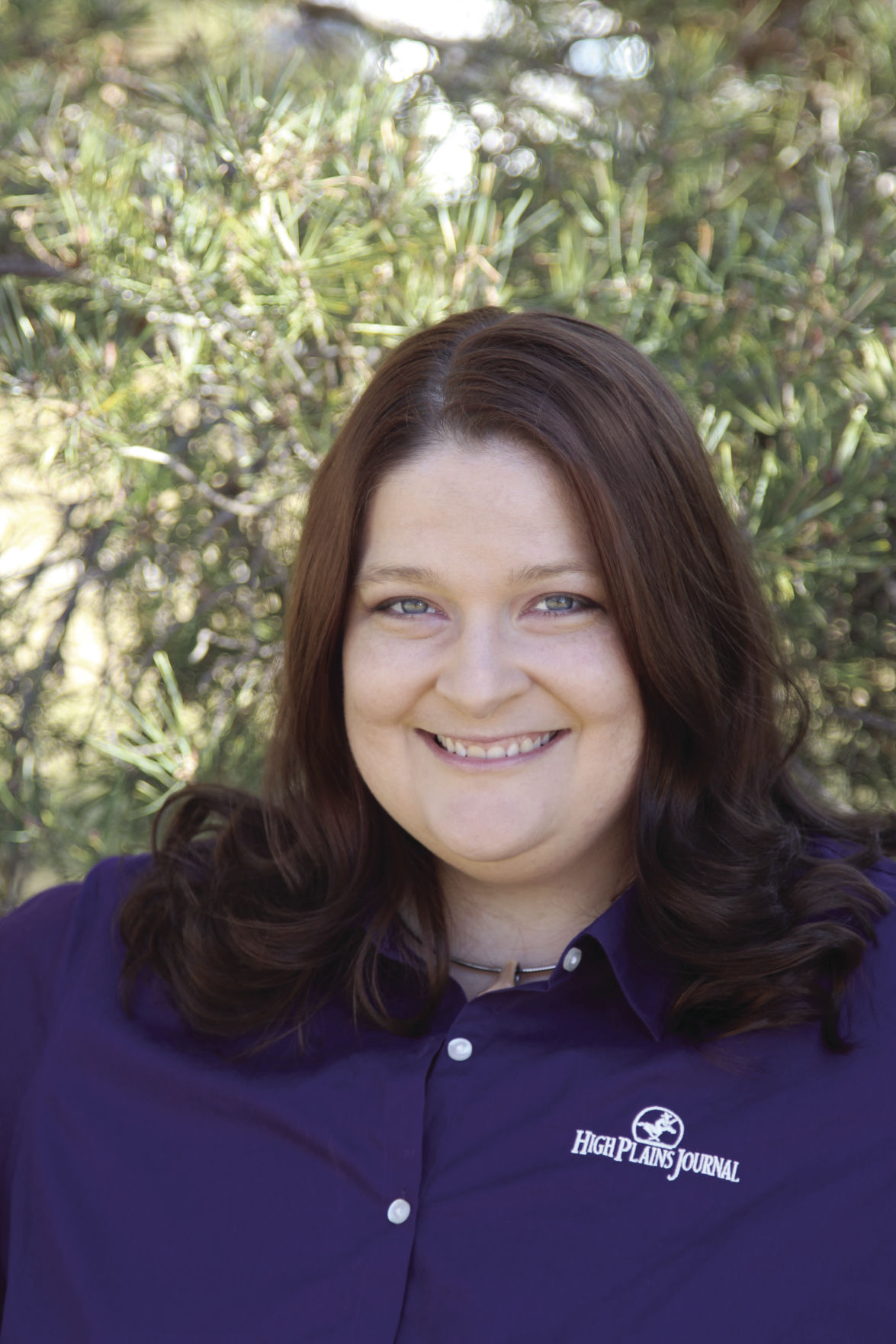I cannot imagine my life without books.
From the first moment I connected letters on the page with words that made up stories, I was hooked. From that point on, I didn’t go anywhere without a bag full of books to read. Whether we were in the wheat field waiting to take a load into town, or on a family vacation to Mount Rushmore, or I was spending the day at my grandma’s, I always had a book to keep me occupied.
It was a habit my parents encouraged by buying books for my siblings and me. They also read with us when we were little. They shared items that interested them out of the local newspaper over the dinner table for us to discuss. Reading was something they modeled at home and we followed their lead.
But not every child is like me and my sister and brother. Not every child grows up hungry for words on the page for one reason or another. The Literacy Project Foundation reports that 65% of America’s fourth graders do not read at a proficient level and 25% of American children grow up without learning how to read.
Read that again. One in 4 American children grow up without ever learning to read, in the year 2021.
The National Center for Education Statistics found that children who were read to frequently are also more likely to: Count to 20 or higher (60%); write their own names (54%); and read or pretend to read (77%). Children who are read to at least three times a week by a family member are almost twice as likely to score in the top 25% in reading compared to their counterparts.
It’s a fact, the more we can get young children reading, the better we set them up for success later on in life. Graduation rates are higher, lifetime incomes are higher, and their children follow that path as well.
All this is why the National Education Association launched “Read Across America” in 1998. Celebrated on March 2, Dr. Seuss’s birthday, this program has grown to be a year-round program focusing on motivating children of all ages to read. Read Across America has great resources for parents, teachers, librarians and others to help the youth in their lives read more, and make it not a chore but something to be enjoyed.
Motivation to read is just one part, though. Access to books is another. The NCES also reported that 61% of low-income families have no books at all in their homes for their children and 50% of children from low-income communities start first grade up to two years behind their peers. I think of the money my parents scraped together so that my siblings and I were able to get at least one book from the Scholastic monthly book orders, even when times were tight. It was their way of investing in our future, one book at a time. But not every kid is that lucky.
That statistic for low-income children was one thing that inspired Dolly Parton to create her “Imagination Library” outreach effort in 1995. Dolly often says that the seeds of dreams are found in books, and those dreams can help children, their families and ultimately their communities. That’s why she created the Imagination Library so that preschool children and their families—no matter their income—should have access to books. The program mails free high-quality, age-appropriate books to children from birth to age 5, at no cost to the families.
By 2003, this program created by a woman whose heart is bigger than the state of Tennessee had mailed out 1 million books. Today, Dolly Parton’s Imagination Library reaches multiple foreign countries, has registered 1.8 million children and has gifted 152.3 million books, and counting. (I’ve said it before and I’ll say it again—we don’t deserve Dolly Parton.)
A love of books and reading doesn’t just happen naturally. It has to be nurtured in children by parents and teachers and the adults in their lives. We do that by modeling reading at home, making sure our kids have access to books from the library, and making reading something to enjoy and not a chore to be suffered.
We do these simple acts, and there’s no limit to what our youth can do in the future.
Jennifer M. Latzke can be reached at 620-227-1807 or [email protected].

